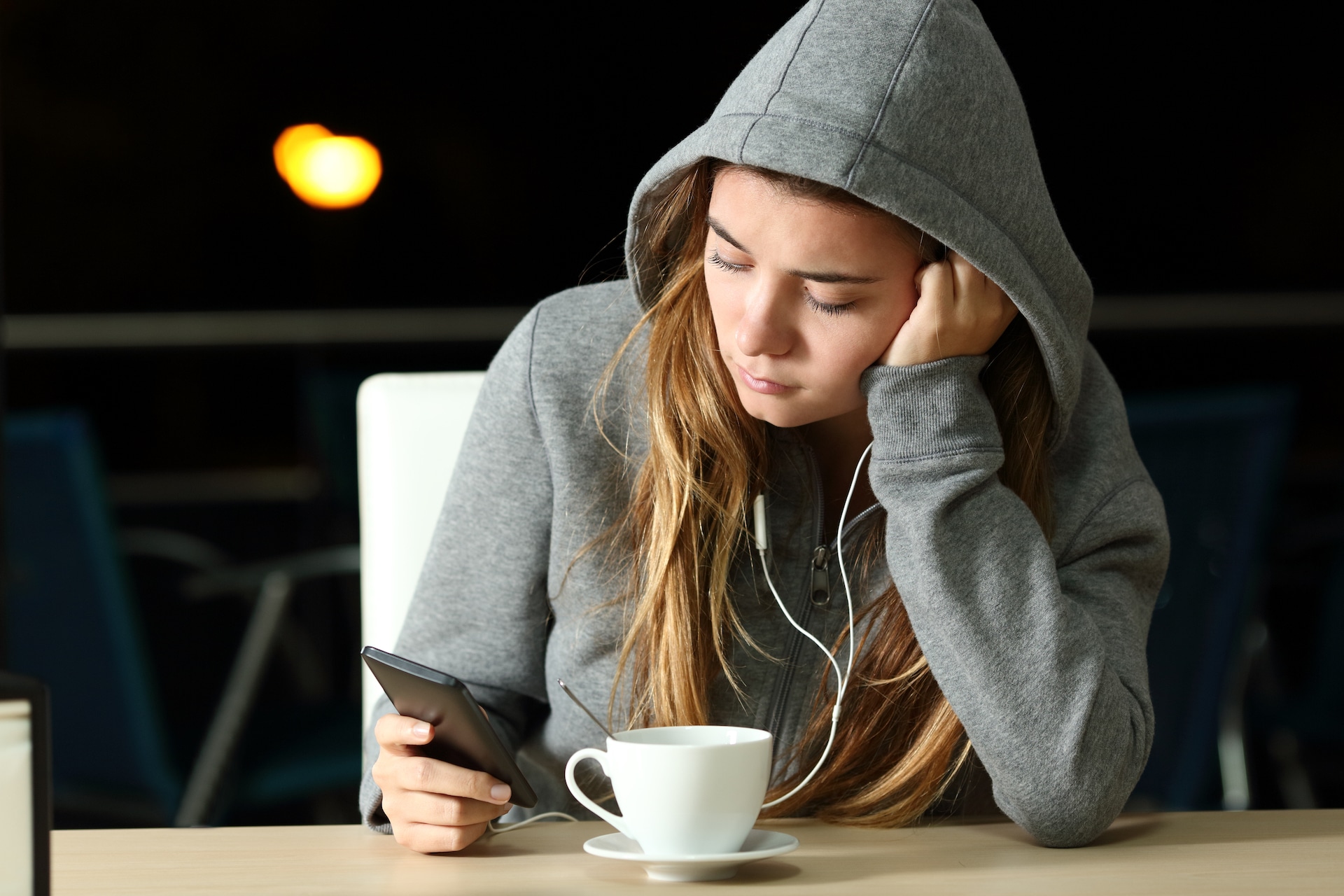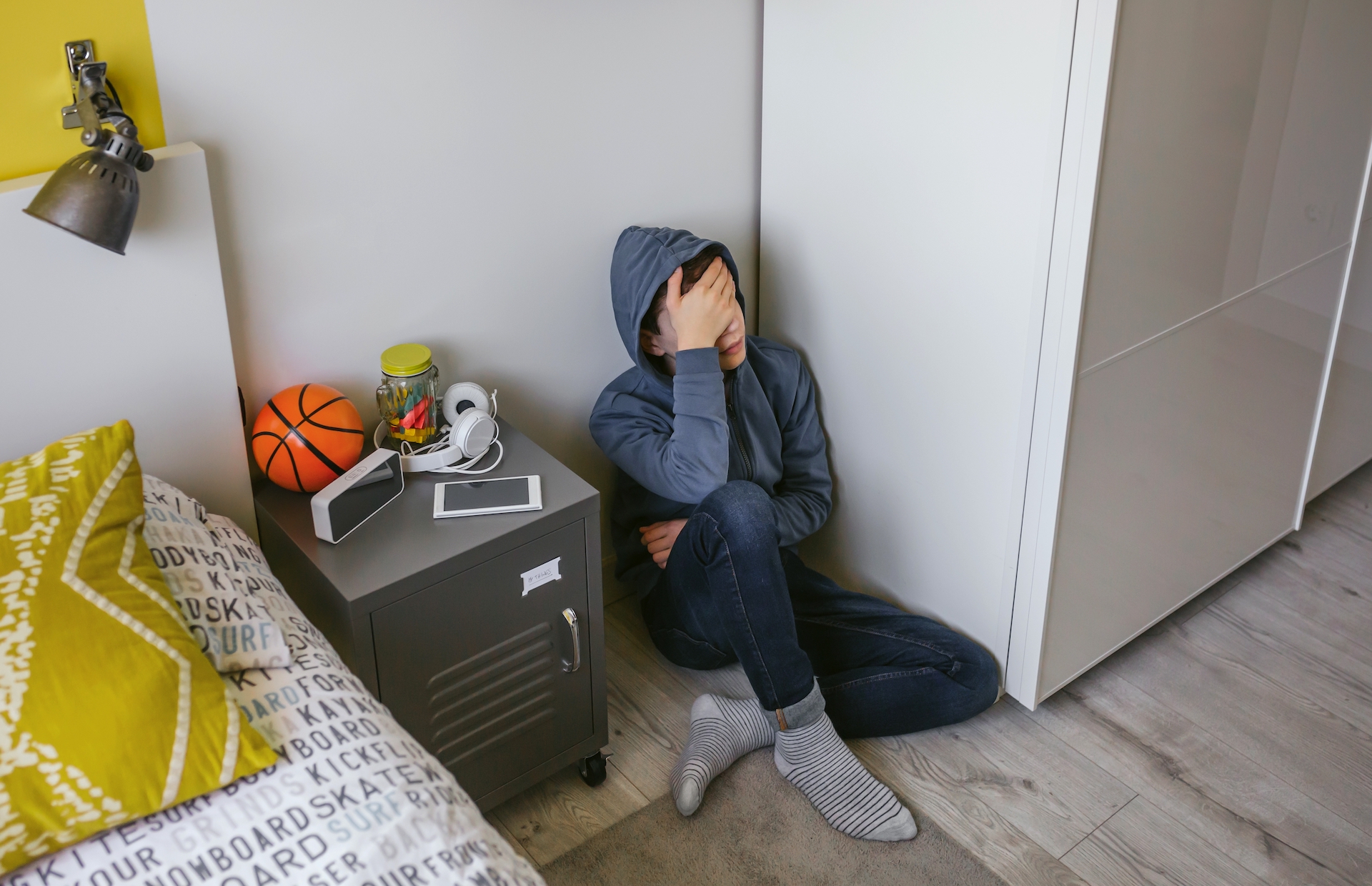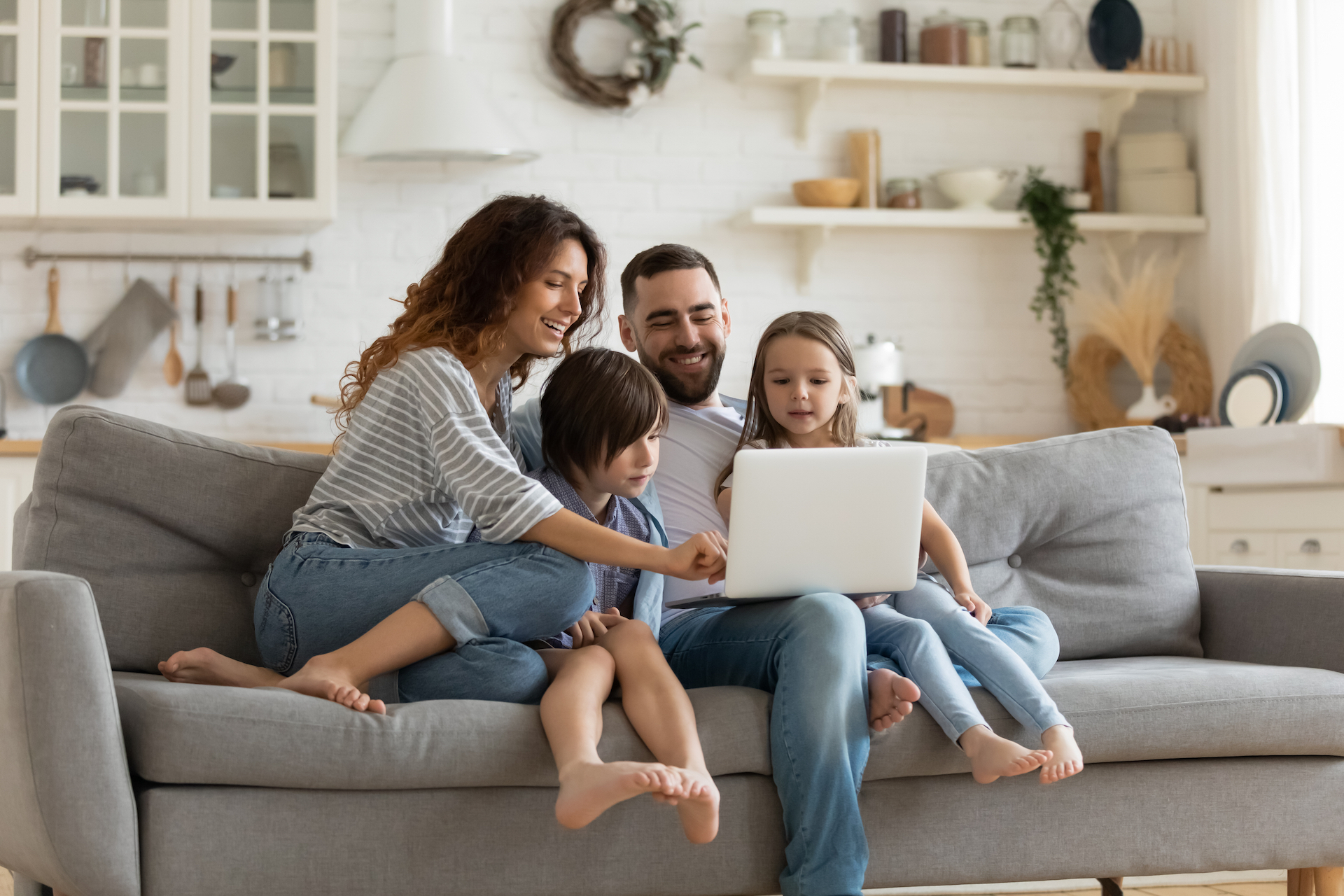Depression and anxiety?

Depression and anxiety? Teenagers and young adults spend more time on social networks than ever before. Several recent studies in Western Europe and the United States confirm the validity of such a statement. Is it bad? How exactly does social media affect teenagers? What do the experts say about it?
After restrictions on face-to-face socializing during the pandemic, so-called screen time among internet users has skyrocketed in many countries , especially among teenagers and twenty-somethings. A large part of it is devoted to social networks, as shown, for example, by the results of the 2021 survey by Common Sense Media (a non-profit organization in San Francisco, USA, which reviews and evaluates the suitability of media and technology for children). It seems that such studies have not been carried out in Latvia, but the situation could be similar. Almost every teenager has an account on at least one of the most popular social media, and their use is an important part of their lives. At the same time, mental health problems, such as persistent depression, vegetative dystonia, among adolescents have increased in the last ten years. Could there be a connection?
Depression and anxiety
Research in Europe shows that the level of depression and anxiety among young people has increased by almost 70% over the last generation. Many respondents admit that social networks increase the feeling of anxiety and often make them feel bad. Young people who spend more than two hours a day on social networks are much more likely to complain of depression and even panic attacks.
A child’s interests, values, attitude towards various things and issues, behavior can change under the influence of social networks. The trends observed in the media determine what to buy, what to wear, what music to listen to, what attitude to express in order to receive recognition from peers. In addition, it should be taken into account that the algorithms of social networks are created in such a way that users of these platforms spend as much time as possible on them.
Too much passion for social networks can lead to addiction, which interferes not only with studies or sports, but also leads to insufficient hours of sleep. In turn, lack of sleep can hinder development, contribute to poor performance and increase the risk of mental health problems. The virtual environment can become more important than real life, begin to replace it.
Adolescent brains are still developing, making them especially vulnerable to the harmful aspects of social media. And several studies confirm that social media can indeed have a negative effect on teenagers, and can be linked to depression, low self-esteem and loneliness.

Peer pressure and depression
Peer pressure is nothing new. However, social media can act as a vehicle for this and exacerbate this pressure, as teenagers receive feedback on their activities from many more people than they would encounter in their daily lives. Teens can be especially influenced by the number of likes on social networking sites. They learn from peer cues online and notice when they are rewarded with attention and the all-important likes.
Studies have found a correlation between social media and negative body image. The media creates an environment where it is easy for teenagers to compare themselves to (often enhanced) photographs of their peers or celebrities. Thus, consuming social networks mostly does not improve a teenager’s self-esteem, even more so – 21% of teenagers “feel miserable” about their physical abilities after visiting social websites.
Cyberbullying
From the point of view of mental health, social media has created new risks – now teenagers can harm others online, that is, being at a “safe distance” on social media, young people are more likely to say something negative or evil, which they would refrain from doing in person. This is even more so for anonymous accounts that create a sense of impunity in the virtual environment.
According to a 2018 Pew Research (Center for Social Issues and Media Research in Washington) survey, 59% of teens in the United States have experienced cyberbullying. A 2019 study of college students found that cyberbullying can lead to increased anxiety, depression, substance abuse, and suicidal thoughts.
Using social media can also be positive
However, studies are conflicting, and it cannot be argued that social networking site use is directly linked to an increased risk of mental health problems. For example, one 2021 study that focused on 8th and 10th graders found that social media did not lead to depressive symptoms in teenagers, except for girls who were already at high risk for depression. Several other studies confirm that moderate and judicious use of social media can also have positive effects.
During the teenage years, relationships with those around you are one of the main protective factors against mental health and other difficulties. Social networks allow not only to meet and maintain relationships virtually, but also to organize meetings in real life.
According to a survey in the US, 31% of teenagers say that using social media has a “mostly positive” effect on their lives, while only 24% rate it as “mostly negative”. The remaining 45% said that the impact of social media is neither positive nor negative.
In fact, more than half of the teens in the study reported giving and receiving emotional support online. This can be especially important for teenagers who have an illness, physical disability, or those who face isolating experiences and feel left out. So social media isn’t just bad. They allow teenagers to create their own identity and receive support from online groups.

How to help a teenager navigate social media
Your offspring may be more technically adept in the virtual environment, but you certainly have more life experience and an analytical mind. Parents, as long as they are able to be an authority for their child, can help the teenager learn to use social media positively, without suffering from negative associations and protecting him from risks. This means gaining trust and being up to date with your child’s social media life, which is of course not an easy task. Try to be open about the harms and benefits, help find best practices in using social platforms!
Talk to children about how these media make them feel! Discuss the effects of cyberbullying and encourage teens to never say anything online that they wouldn’t say in person. It is also advisable to agree on certain time limits and interruptions, especially with a child in the younger age group. Limit access to social media, for example by setting an evening hour or a time limit for the use of these media. Do not save praise, encourage the child to pay attention to his well-being after a quality night’s sleep!
Research has found that parental supervision leads to less problematic behavior in children, such as less addiction to visiting social platforms and talking about other people, their appearance or behavior online. It turns out that a one-week break from social media is enough to improve self-esteem and reduce anxiety and depression. A 2019 study of college students also found that limiting social media use to 30 minutes a day can improve well-being.









